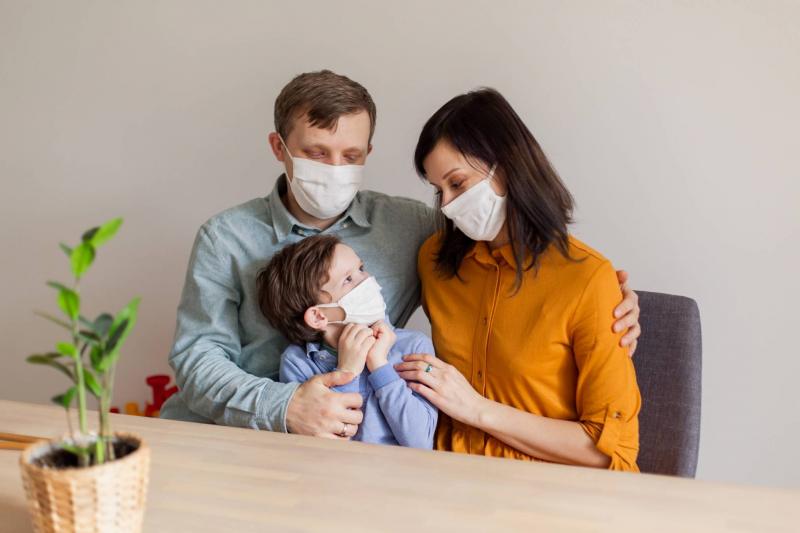A new study has shown that autonomy-based parenting enhances the well-being of children and their parents during the COVID-19 pandemic. Educating school-aged children under remote learning and working conditions poses a significant challenge as well. Given the lack of regular child support services like daycare, some parents must perform their jobs from home while also supervising their children.
The study indicated that granting children more freedom might be the most effective strategy for both adults and children to cope with this new way of life. Techniques for autonomy-based parenting support the positive well-being of parents and their children during lockdowns. Co-author of the study, Dr. Andreas P. Neubauer from the Leibniz Institute for Research and Information in Germany, stated, "We investigated whether autonomy-supportive parenting behavior facilitates adaptation and improves children's well-being. We also discovered whether this parenting behavior helps to create a positive emotional climate that benefits both parents and children amid the ongoing pandemic. We found that autonomy-supportive parenting is positively associated with enhancing children's well-being and fulfilling parental needs."
As an additional benefit, the study also found that while this parenting technique requires care and energy to maintain, it also provides some comfort to parents, as it involves allowing the child to work independently within reasonable limits and relying more on themselves. By using this parenting technique, parents communicate with the child in a non-critical manner, allowing them to explore their own strategies and solutions without fear of retribution or punishment. This enables the child to understand the impact and consequences of their actions. Furthermore, reducing parental control partially enhances the child's sense of competence and self-confidence and stimulates creativity and out-of-the-box thinking.
During the ongoing viral pandemic, autonomy-based parenting means that the child must take greater responsibility for the quality of their remote homework, just as they would if they were in a real classroom. It is worth noting that the researchers studied the prevalence and impact of autonomy-based parenting over three consecutive weeks during the pandemic, from late March to late April 2020, in Germany using self-reported parent questionnaires.




